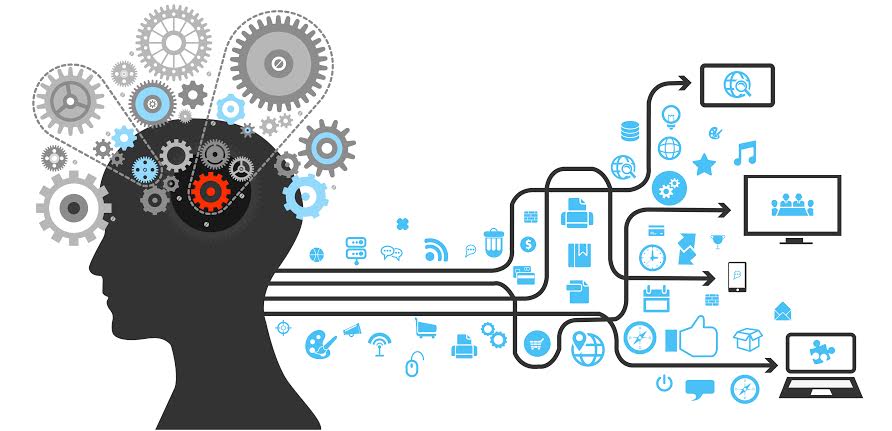Businesses have been making use of AI over the past few years in order to enhance sales through personalization. AI offers businesses the opportunity to funnel the data they collect on customers to send offers and promotions that are both timely and relevant.
From Netflix sending you messages recommending films you might like based on the ones you’ve watched to The North Face teaming up with IBM to offer buyer’s a personal shopping experience online so they get just the jacket they want, AI helps customers get the most out of brand by honing in on precisely what they’re looking for. But advanced AI also allows for variants. For example, if a customer consistently chooses romantic comedies, the majority of Netflix’s recommendations will be in that genre. But Netflix also recognizes that customer’s tastes may be more complex and offer suggestions for other genres. This type of AI prevents a company from pigeon-holing a customer by over-personalizing. It offers recommendations it knows the customer will enjoy, but also gives the customer a wider perspective of the choices available.
While brick and mortar stores have their own system of discovering customer preferences, e-commerce’s AI marketing is driven mainly by data collected through their website such as customer searches and purchases. For example, analyzing a customer’s purchase history, their age, marital status, geographic location and more. Even a customer’s interaction with the site itself, products they’ve searched for, pages they’ve lingered over and carts they’ve abandoned are taken into consideration to put together a profile of a customer’s preferences. Then there’s customer response rates to different kinds of promotions. Do customers respond to coupons, 2 for the price of one, flash sales or other types of promotions? All of these factors can be used for businesses to more accurately aim their marketing arrows and help them hit the target more often.
The future of AI in e-Commerce includes the evolution of chatbots, virtual customer service agents and personal assistants to be able to more accurately read customer tones and states of emotion. As AI grows more advanced, businesses will be able to use it to offer more well-targeted and effective suggestions and responses to customers. Research by Gartner reveals by 2020, 85 percent of customer interactions will be done by AI and not humans. And eBay and Myer have already created the first virtual reality eCommerce stores that will provide the ultimate in personalized shopping through advanced graphics and AI.
Tracy Blanchard
Latest posts by Tracy Blanchard (see all)
- Top 10 Creative Marketing Viral Videos - June 21, 2017
- 10 Wonderful Examples of Creative Landpages - June 2, 2017
- 10 Wonderful Examples of Stickers in Marketing - May 24, 2017

 English
English Português
Português Español
Español



